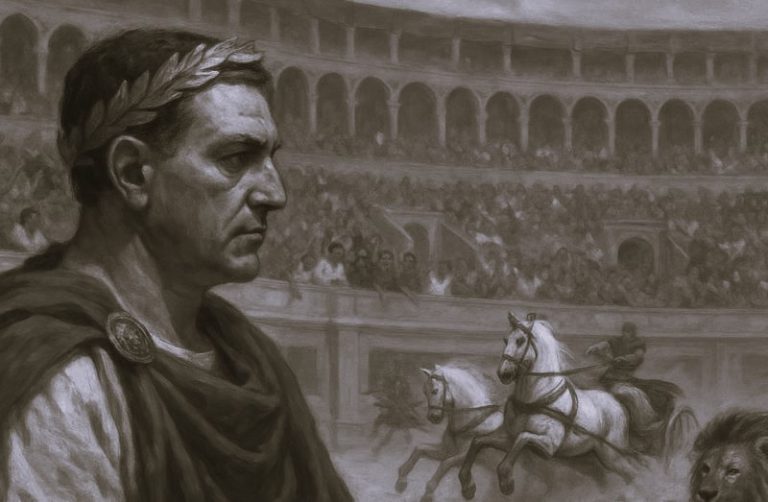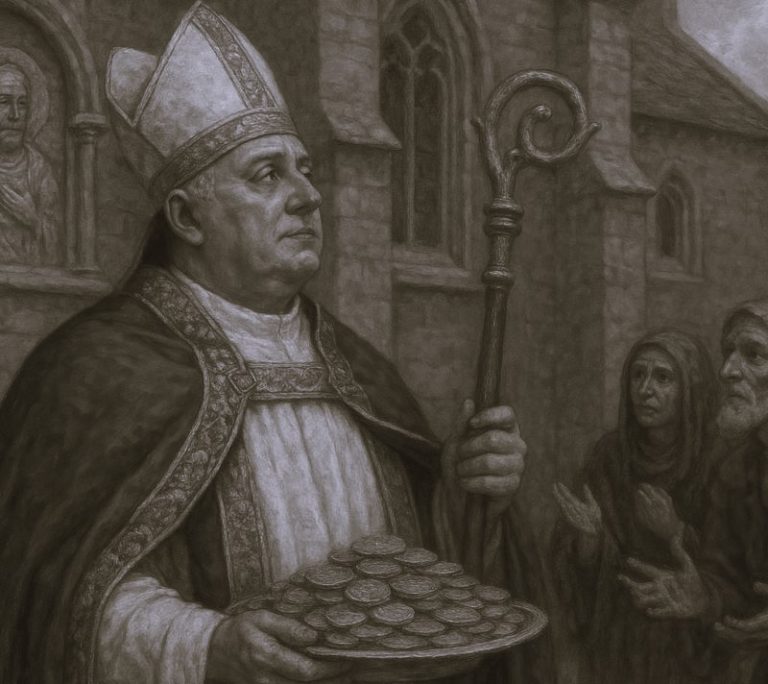

By Dr. Joshua J. Mark
Professor of Philosophy
Marist College
Introduction
Heraclitus of Ephesus (l. c. 500 BCE) is probably best known for his oft-misquoted assertion, “You cannot step twice into the same river” (first mis-quoted by Plato in his dialogue of the Cratylus). What Heraclitus actually wrote was, “In the same river we both step and do not step, we are and are not” (Kaufmann, 2008 p.20). What Heraclitus meant was that the world is in a constant state of change and, while one may step from the banks into the body of a river one has always known, the waters flowing over one’s feet will never be the same waters that flowed even a moment before.
Life Is Flux
In making his famous statement about the river, Heraclitus was simply making clear (as ‘clear’ as he chose to, that is, as his writings, even in his own time, were thought to be difficult to understand and gave his contemporaries cause to call him the ‘dark philosopher’) his other well-known claim that “Life is Flux”. Heraclitus maintained that the very nature of life is flux, is change, and that to resist this change was to resist the essence of our existence. The Logos (Greek for The Word) which infuses all things (but did not create the Cosmos, nor could will its end) operates naturally as ‘change’ but humans resist this natural flow and, because of this, cause themselves multiple problems owing to their lack of understanding. “To the Logos all things are beautiful and good and just, but men have supposed some things to be unjust, others to be just” (DK 22A32).
Life Is Conflict
For Heraclitus, flux and opposition are necessary for life. Heraclitus criticizes the poet who said, ‘would that strife might perish from among gods and men’ [Homer Iliad 18.107]’ for there would not be harmony without high and low notes, nor living things without female and male, which are opposites (DK22A22).
Heraclitus views strife or conflict as maintaining the world: We must recognize that war is common and strife is justice, and all things happen according to strife and necessity (DK22B80). War is the father of all and king of all, who manifested some as gods and some as men, who made some slaves and some freemen (DK22B53).
In a tacit criticism of Anaximander, Heraclitus rejects the view that cosmic justice is designed to punish one opposite for its transgressions against another. If it were not for the constant conflict of opposites, there would be no alternations of day and night, hot and cold, summer and winter, even life and death. Indeed, if some things did not die, others would not be born. Conflict does not interfere with life, but rather is a precondition of life (from Encyclopedia of Philosophy).
Heraclitus and Carl Jung

The 20th century psychologist and writer Carl Jung (July 26, 1875-June 6, 1961) echoes the ideas of Heraclitus in a number of his works but probably most clearly in his The Stages of Life where he writes, “Every one of us gladly turns away from his problems; if possible, they must not be mentioned, or, better still, their existence is denied. We wish to make our lives simple, certain, and smooth, and for that reason problems are taboo. We want to have certainties and no doubts – results and no experiments- without even seeing that certainties can arise only through doubt and results only through experiment” (Jung, 5). Like Heraclitus, Jung felt that human neuroses arose from our desire to remain child-like (“Something in us wishes to remain a child, to be unconscious or, at most, conscious only of the ego, to reject everything strange”).
Heraclitus, of course, did not phrase the idea in that same way but expresses a similar idea when speaking of human understanding of the Logos, claiming that most of humanity were sleepwalking through their lives, always prefering the comfort of sleep to the conflict of being awake and aware (“Those awake have one ordered universe in common, but in sleep every man turns away to one of his own”, DK 22A3). For both the ancient, and the more modern philosopher, one’s inability to embrace change and accept conflict as a natural and necessary part of one’s life causes the pain and disappointment one so often experiences. One causes the problems in one’s life through a refusal to accept life for what it is — Flux.
Bibliography
- Baird, F. E. Philosophic Classics: Ancient Philosophy. Routledge, 2010.
- Burtt, E. A. The Teachings of the Compassionate Buddha. Berkley, 2000.
- Campbell, J. The Portable Jung. Viking/Penguin Books, 2000.
- Diels, H. A. & Krantz, W. The Fragments of the Pre-Socratics,. Harvard University Press, 1967.
- Freeman, K. Ancilla to the Pre-Socratic Philosophers. Harvard University Press, 1983.
- Harvey, P. An Introduction to Buddhism. Cambridge University Press, 2013.
- Jung, C. G. Symbols of Transformation. Princeton University Press, 1997.
- Waterfield, R. The First Philosophers: The Presocratics and the Sophists. Oxford University Press, 2009.
Originally published by the Ancient History Encyclopedia, 01.18.2012, under a Creative Commons: Attribution-NonCommercial-ShareAlike 3.0 Unported license.







